Hunting is not just a pastime; it’s a rich and time-honored tradition passed down through generations. As hunters, we carry forward the knowledge, skills, and values that define our heritage. In this article, we explore the importance of passing down hunting traditions to future generations and preserving the legacy of responsible hunting.
The Value of Tradition:
Hunting traditions are more than rituals; they are a reflection of our connection to the land, to the animals, and to the generations that have come before us. These traditions instill values such as respect, ethics, and the importance of conservation.
Mentorship and Education:
- Teaching Responsibility: Passing down hunting traditions includes teaching responsibility. Young hunters learn to respect the environment, wildlife, and hunting laws.
- Skills Transfer: Mentorship ensures that valuable hunting skills are not lost. Young hunters receive hands-on guidance in safe and ethical hunting practices.
- Respect for Wildlife: Educating the next generation about the significance of wildlife and its conservation is a fundamental part of tradition. This knowledge fosters a commitment to protecting the natural world.
Family and Community Bonds:
- Family Time: Hunting traditions often create opportunities for quality family time. Family outings in the field strengthen bonds and create lasting memories.
- Community Support: Tradition extends to the broader hunting community. Sharing experiences with fellow hunters fosters camaraderie and support.
Preserving Heritage:
Hunting traditions are a vital part of cultural heritage. They offer a sense of identity and belonging, connecting individuals to the history of their families and communities.
The Role of Mentorship:
- Passing Down Knowledge: Experienced hunters act as mentors, passing down knowledge, skills, and values to the next generation.
- Safety and Ethics: Mentorship ensures that young hunters understand safety protocols, ethics, and responsible hunting practices.
- Conservation: Mentors educate young hunters about the importance of conservation and their role in preserving the environment.

Future Stewards of the Land:
The next generation of hunters are not just the inheritors of tradition; they are the future stewards of the land. They will carry the responsibility of conserving the environment and wildlife populations.
Conclusion:
Hunting traditions are a testament to the enduring legacy of responsible hunting. By passing down these traditions to the next generation, we ensure that our hunting heritage continues to thrive. This legacy is not just about preserving the past; it’s about nurturing a deep and enduring connection to the natural world and passing it on to future generations.
At HunterSafetyCourse.com, we celebrate the significance of passing down hunting traditions and offer resources to support mentorship and education in responsible hunting. Join us in embracing the role of tradition in preserving the values and principles that make hunting a meaningful and enduring part of our lives.
Together, we can pass on the legacy of responsible hunting to future generations, ensuring that our heritage thrives for years to come.
